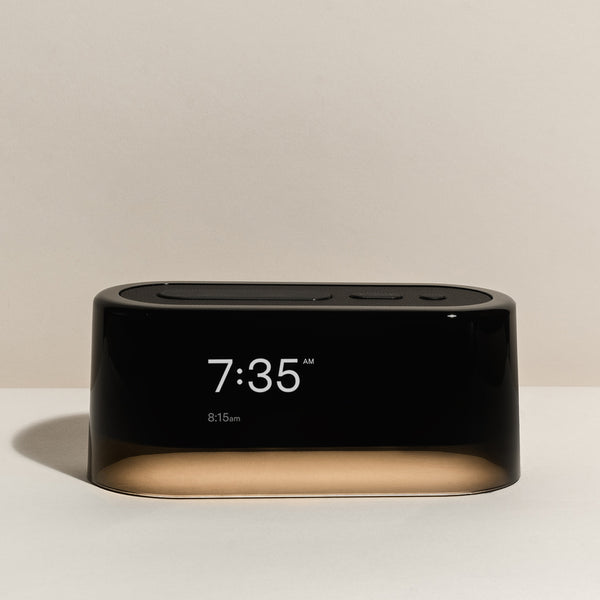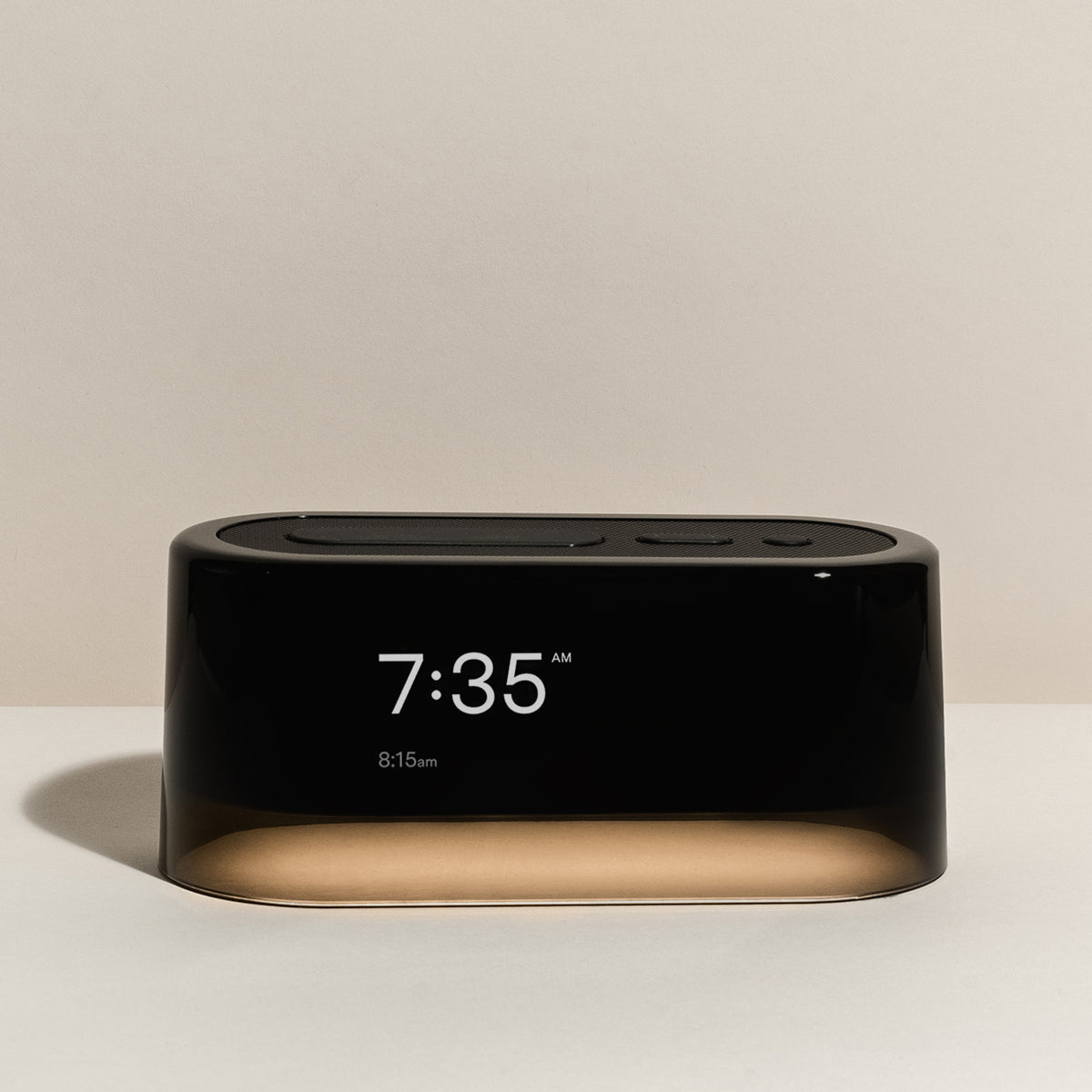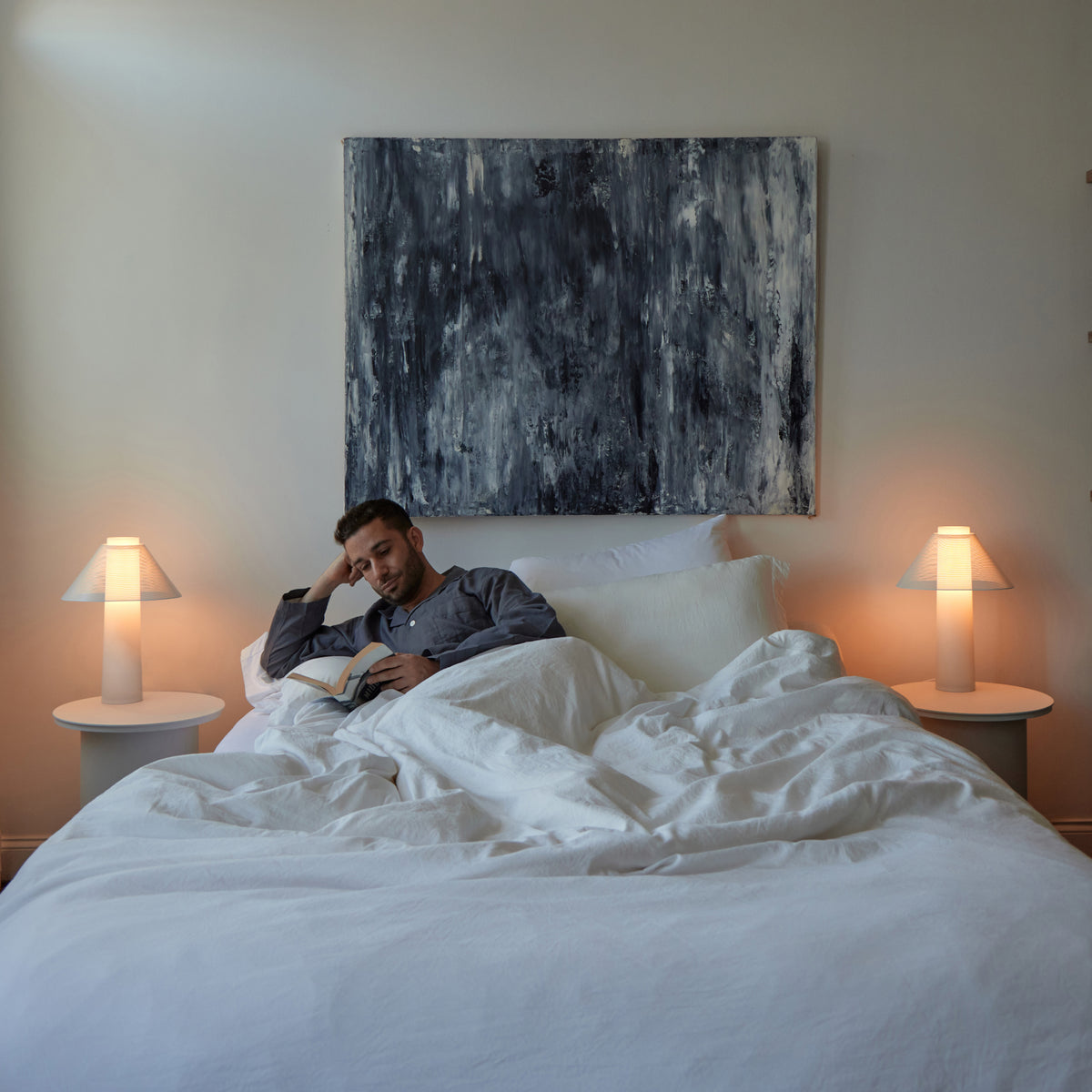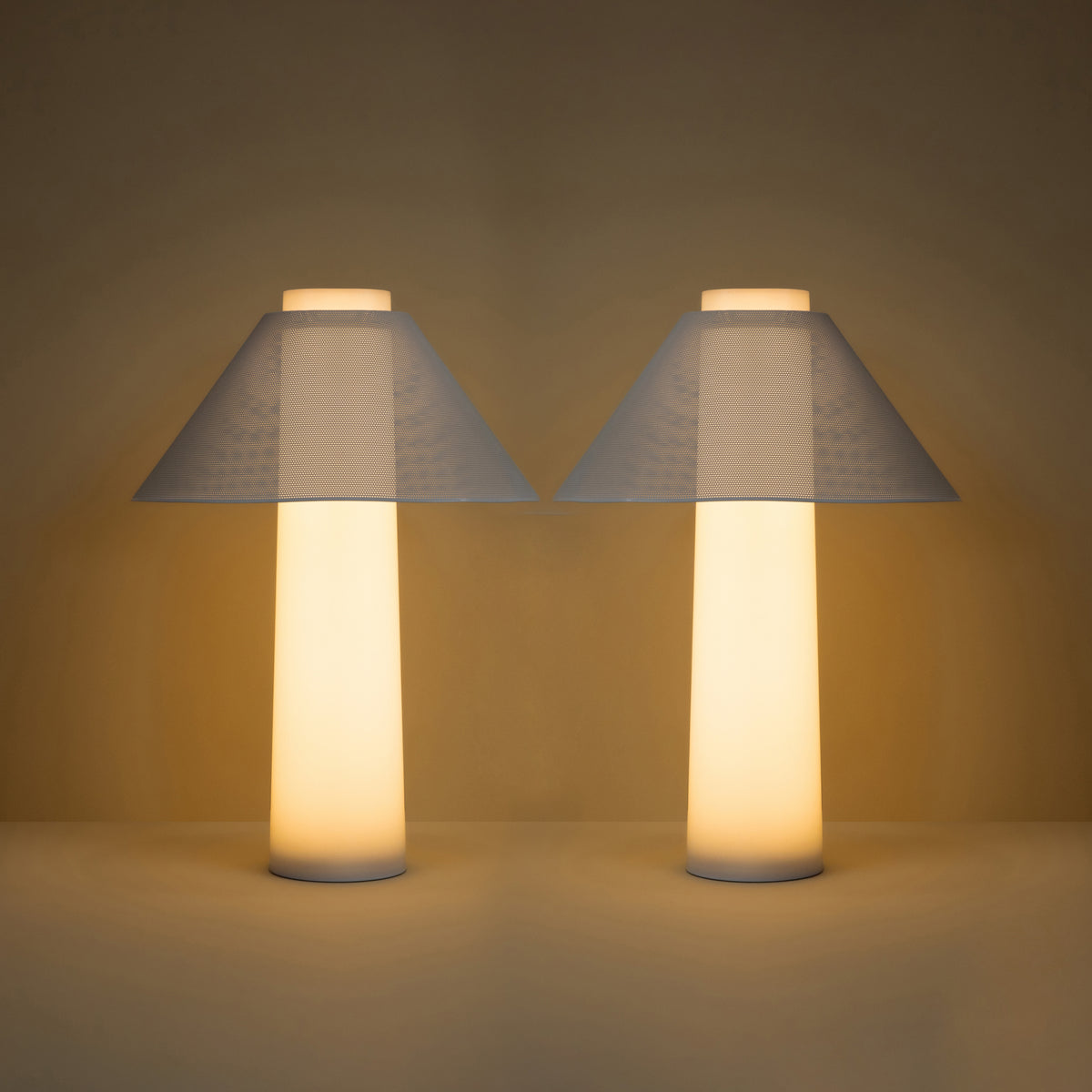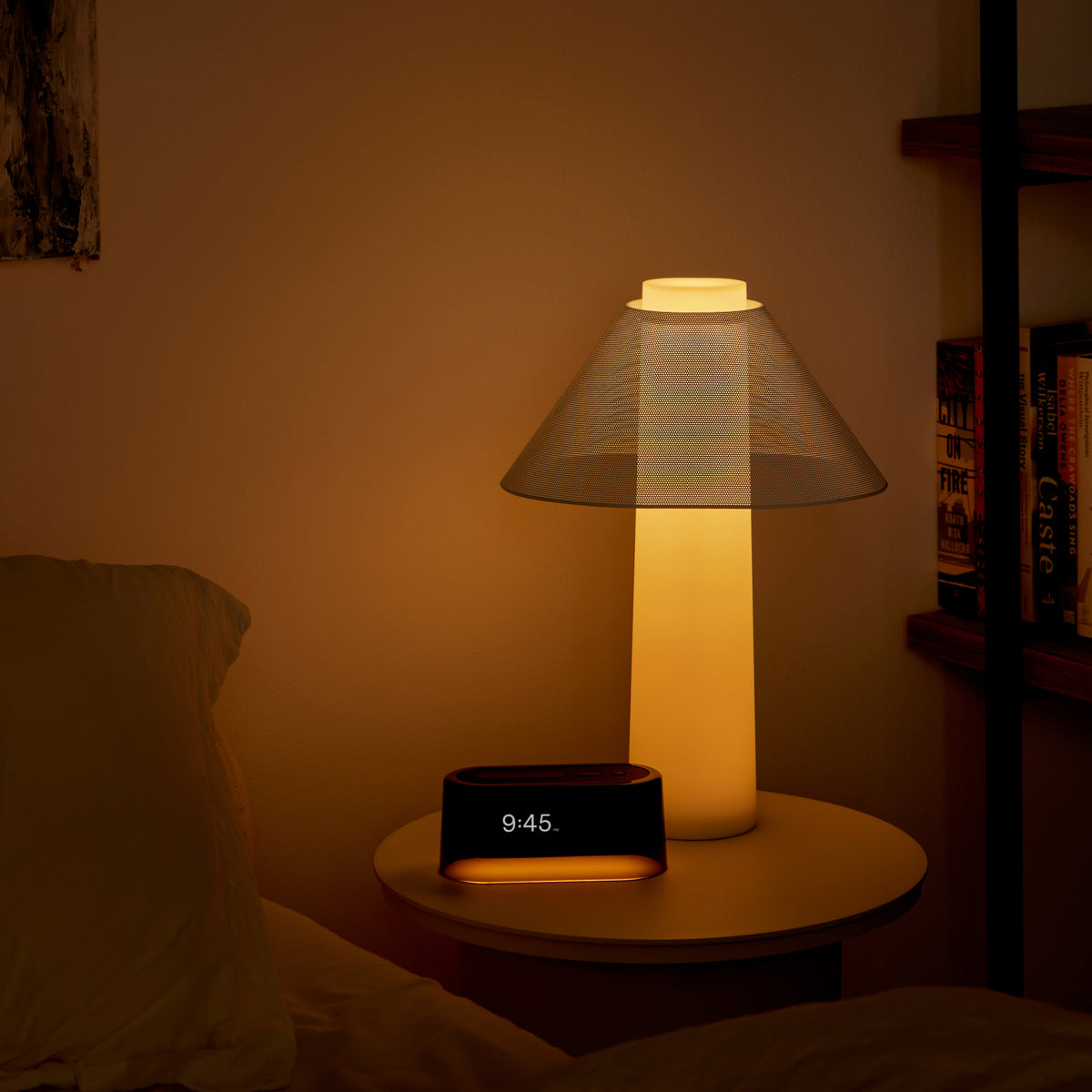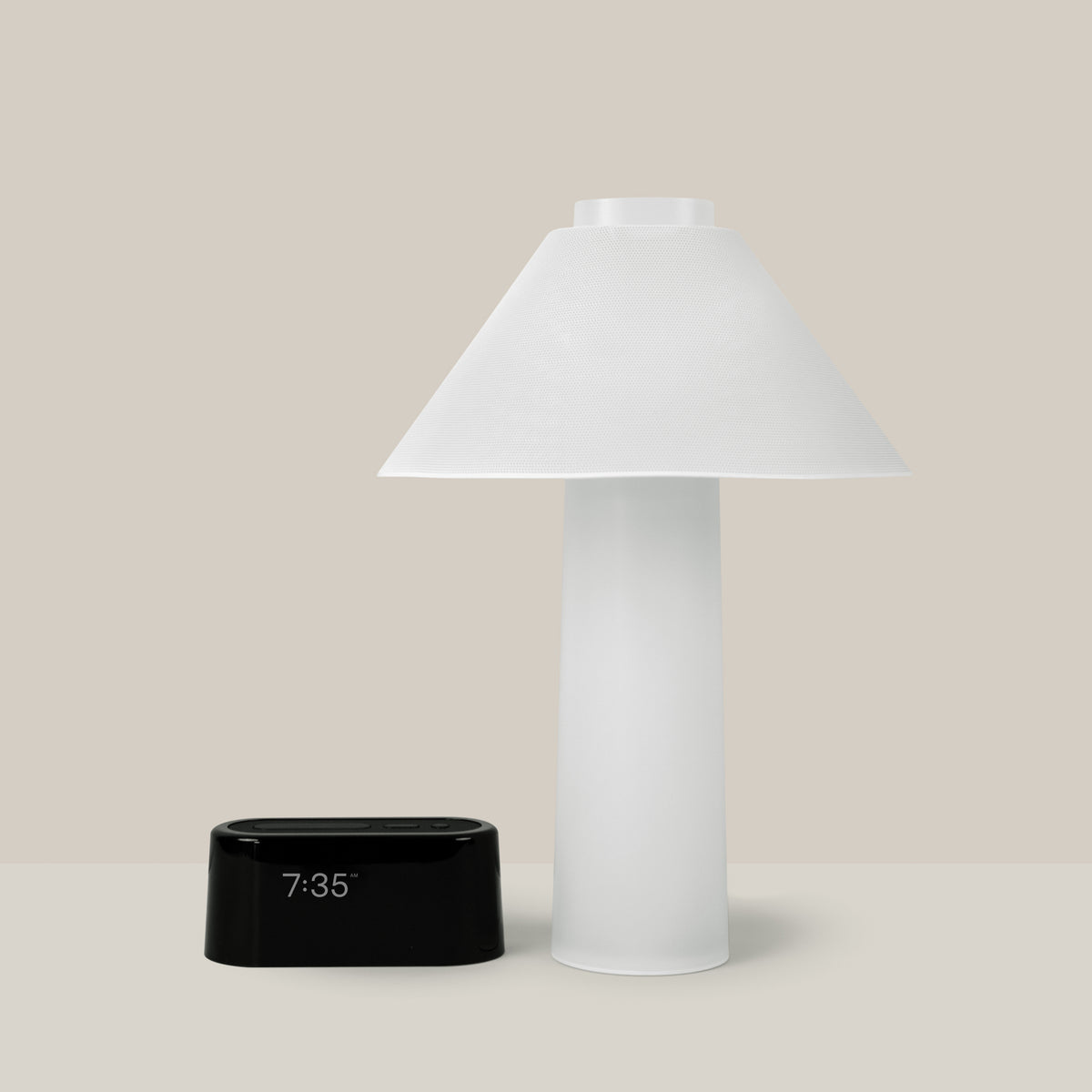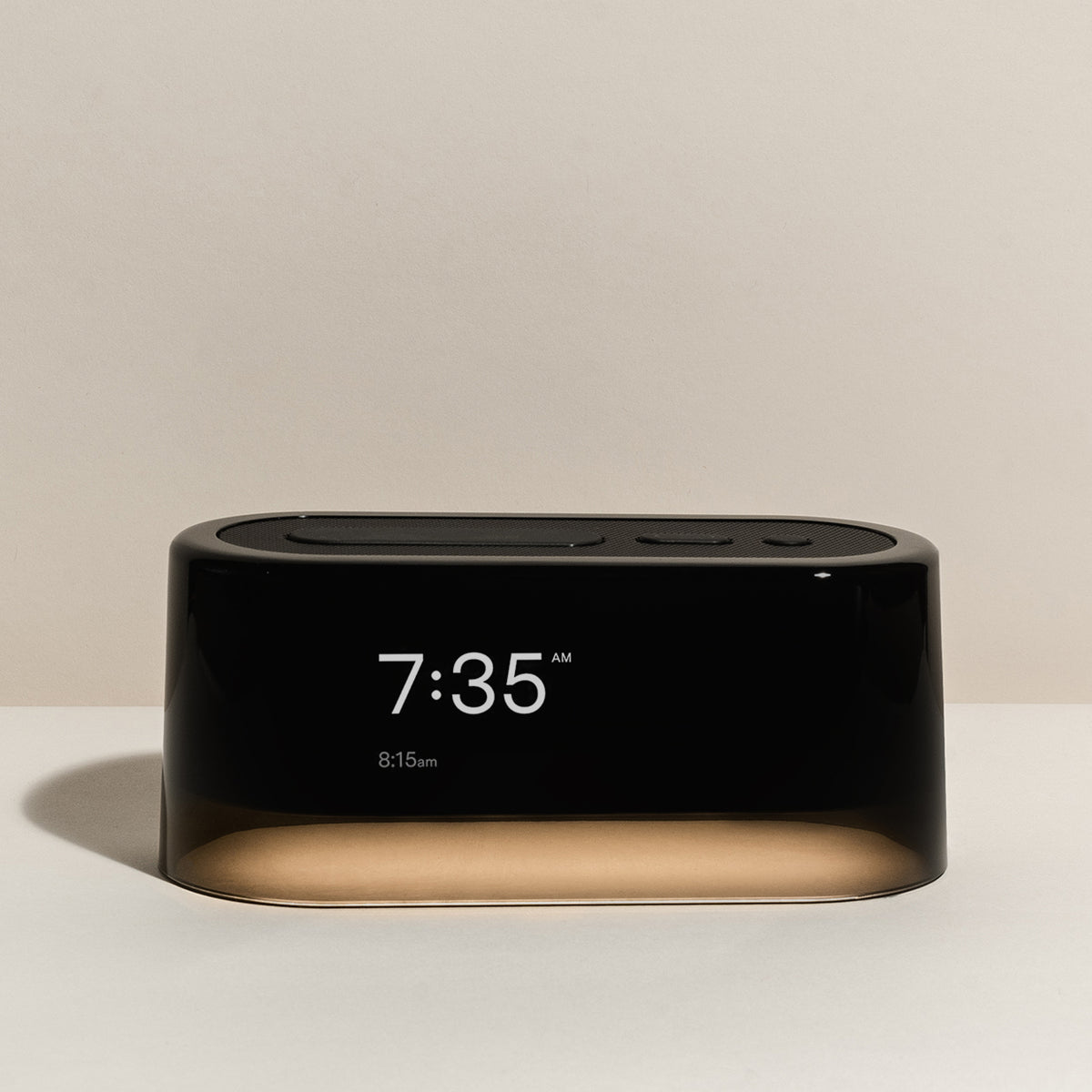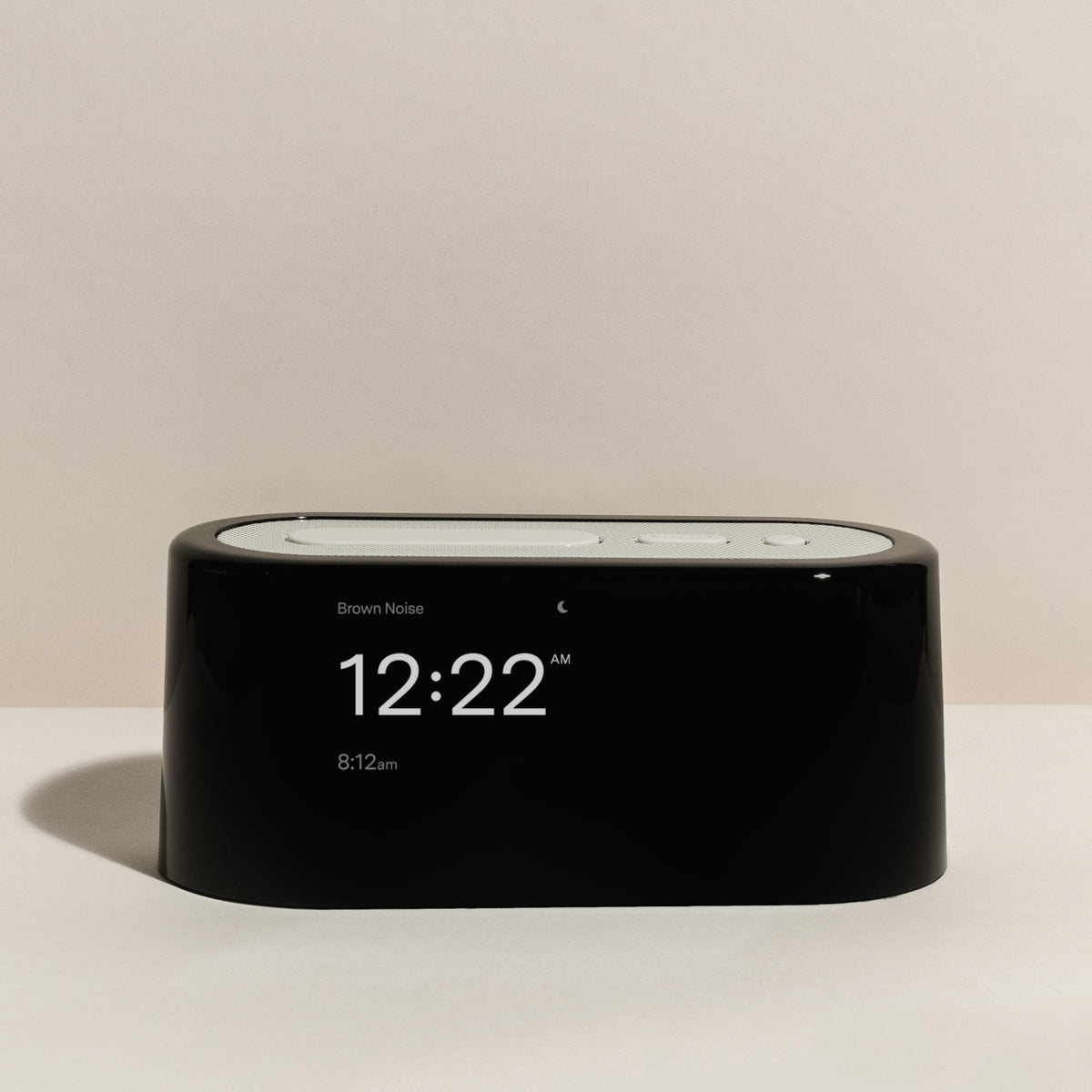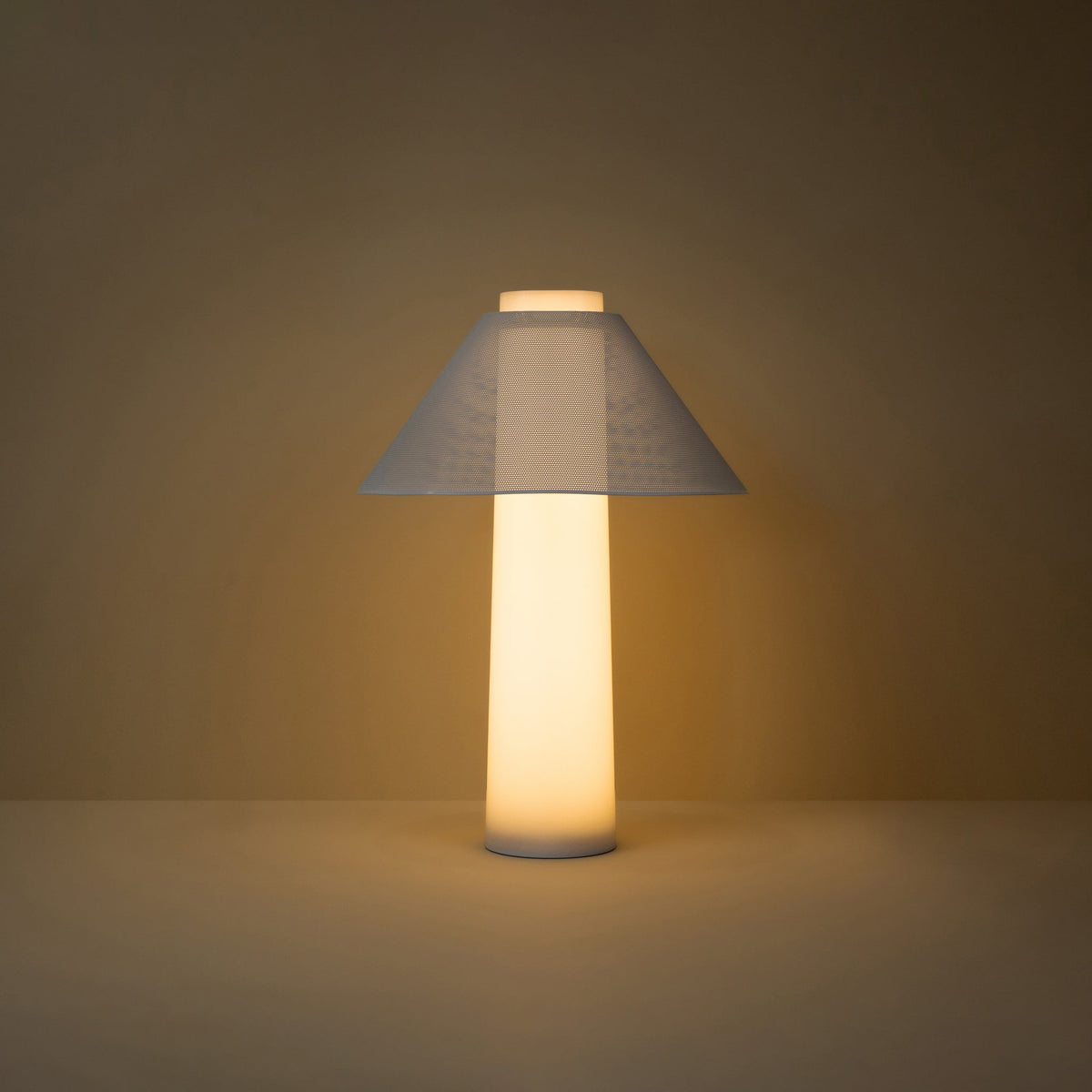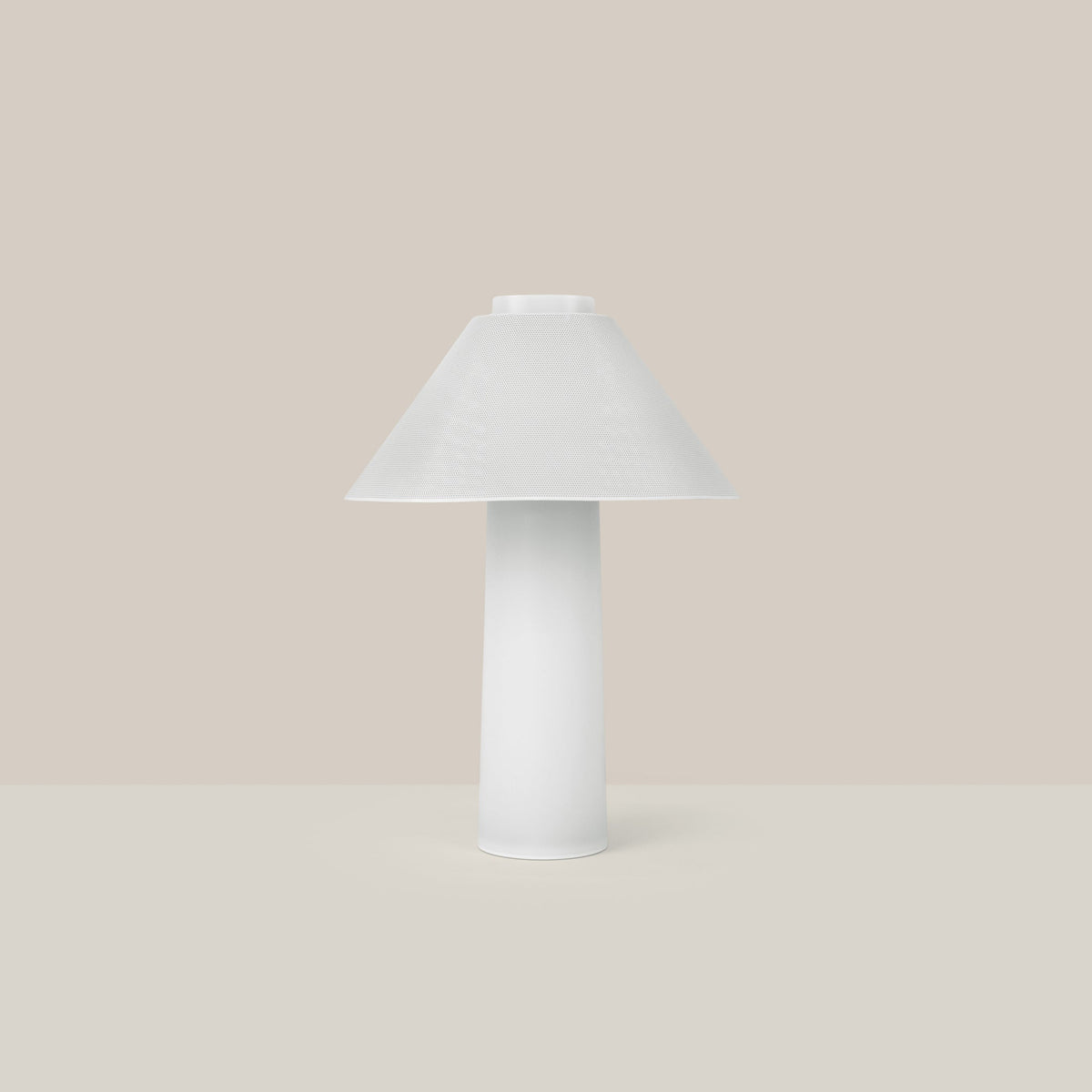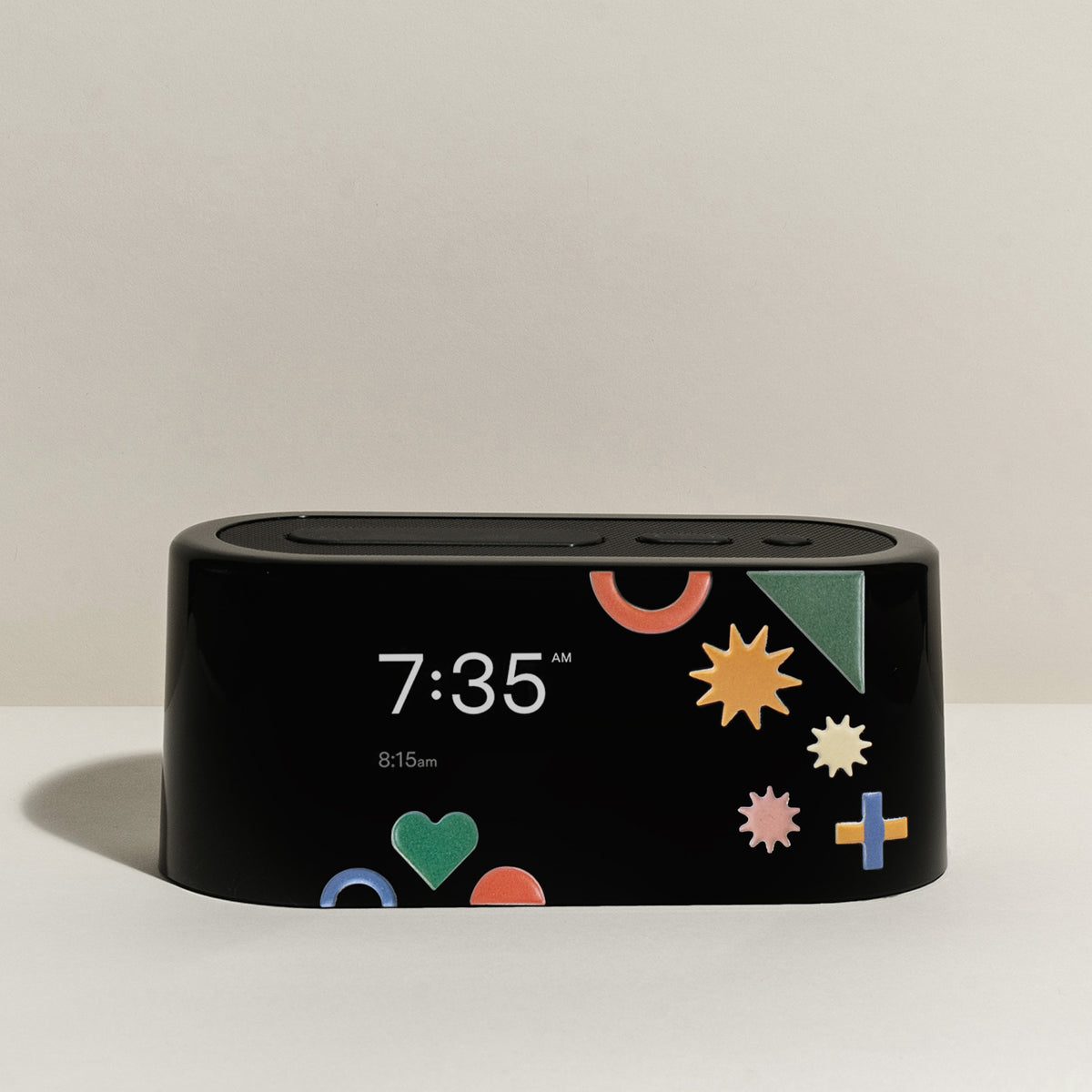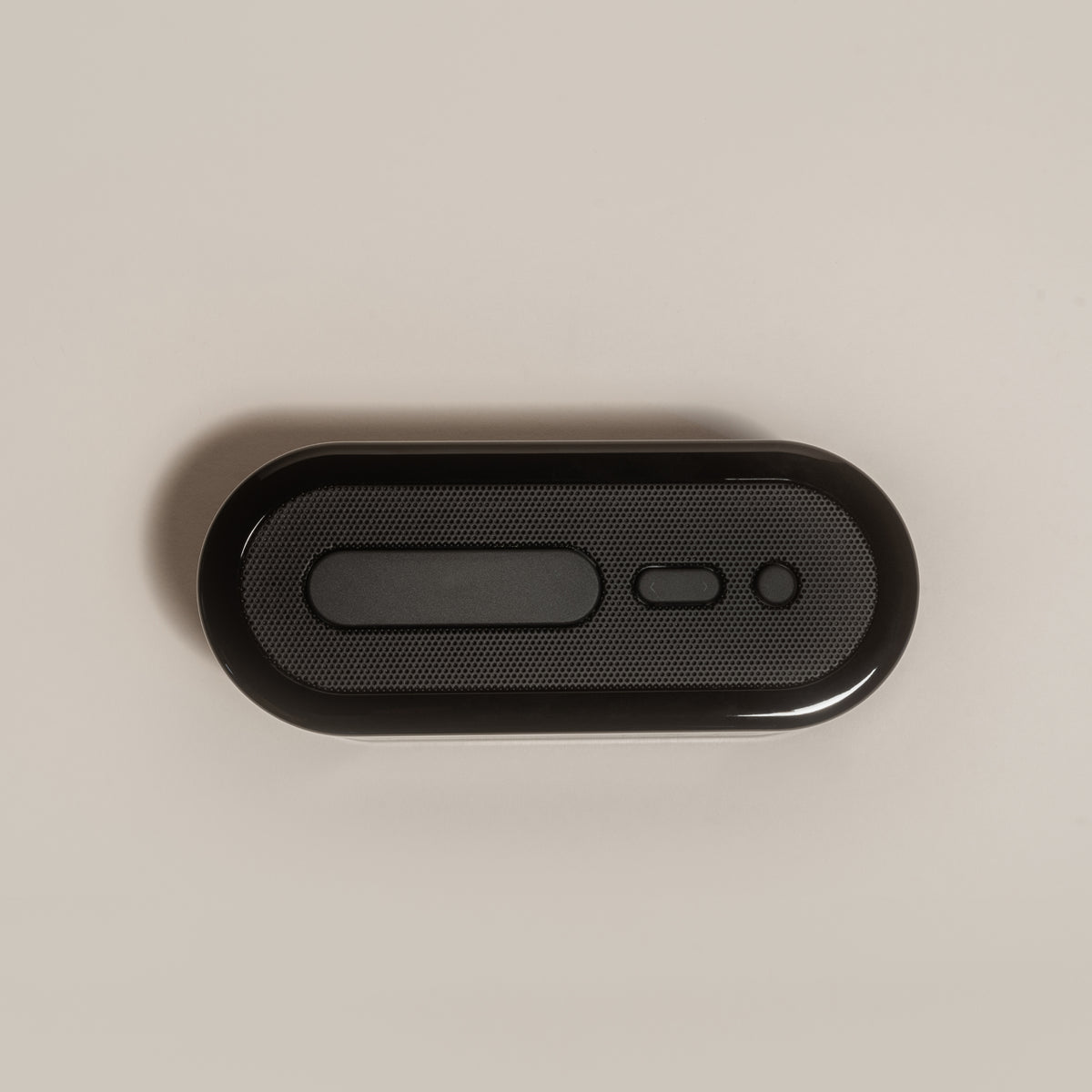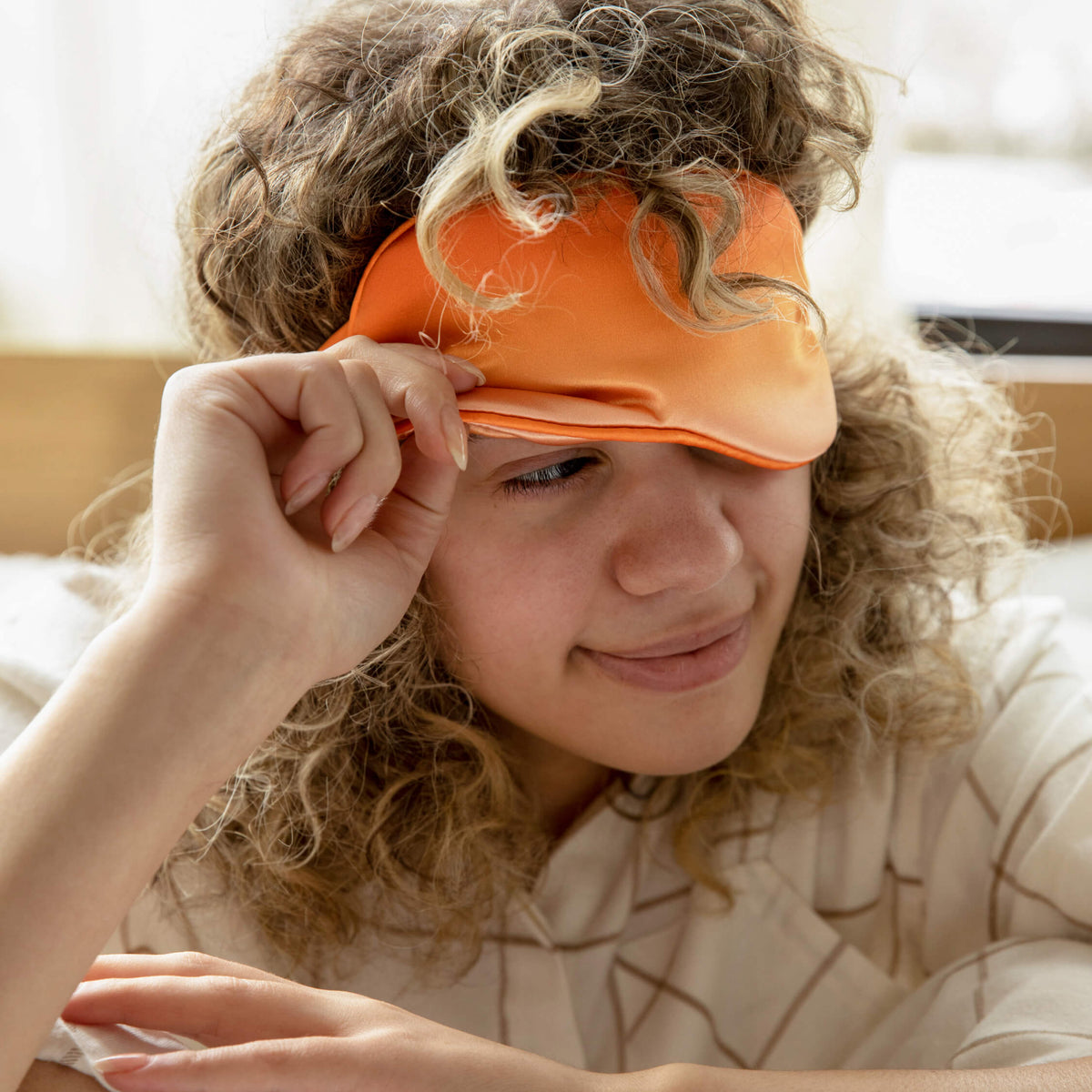Two identical days. In both the sun is shining and the birds are chirping. But one day you wake with a smile feeling all is well with the world, while on the other the light is pummeling your eyes and the chirps are pecking your ears. What might account for the difference in your experience between morning 1 and morning 2? It could be the difference in how much REM sleep you got the night before. So what the heck is REM sleep and why should you care about it?
What is REM sleep?
REM, is short for Rapid Eye Movement, and it’s one of the factors that contribute to a restful night’s sleep. REM is the most active stage during the whole sleep cycle during which, “the eyes move rapidly behind closed eyelids, and brain activity consists of smaller, faster waves, called theta waves, that are similar to wakefulness.” REM can occur in intervals throughout the night, each lasting up to 90 minutes and plays an important role in dreaming, memory, emotional processing, and healthy brain development. The benefits of REM sleep include better retention of memories, a more restful nights’ sleep and an elevated mood.
Ever had a dream where you have re-lived a scenario from the day? Maybe learning something new, like choreography or a new chess move? During REM, your brain pieces together these new learnings and skills in a sequence. This is your brain’s way of cutting and pasting and committing to memory the steps which are involved.
How detailed are your dreams? Can you see the features of a person you are interacting with? How about the colors? Are they vivid? REM again. REM contributes to how detailed and vibrant a dream can be. REM sleep and dreams are fundamentally connected– the better the sleep quality, often the more engaging the dream.
Ever hear the saying, ‘Don’t go to bed angry?’ Usually it’s advice from relationship counselors or long-time married couples. But there’s another context where this resonates: sleep quality. During REM your brain takes the time to process emotions so you may end up playing back the scenario, who said what, what you said, what you should have said instead, etc. You toss and turn. The next morning, you end up even more aggravated and disheveled than the night before. On the contrary, if you’d aired our grievances before hitting the hay, it’s possible that during REM your brain might actually help you problem solve. You could wake up the next day feeling refreshed with a new set of answers.
What happens if you don't get enough REM sleep
Since your brain is actively working for you during REM sleep to help you process events, emotions, and new learnings, there’s a pretty big cost to not getting a good night’s sleep. In fact, over time, you may start to see the impacts of cutting your sleep time (and REM) in your daily life in the following ways:
- Difficulty concentrating during the day
- Forgetfulness or poor memory
- Excessive daytime sleepiness
Over time, chronic sleep deprivation is linked to health conditions like diabetes, depression, obesity, and cardiovascular disease. The importance of REM sleep can’t be overstated and respecting REM sleep importance is one key to a healthier, better lifestyle.
How to get more REM sleep
If you are reading the list and identify with these symptoms, fear not. You might just turn it around with one of the sleep REM-edies (see what we did there!) suggested by the experts. While there’s no easy way to specifically monitor your REM sleep (most consumer sleep trackers aren’t very accurate on that metric), since REM sleep makes up 20-25% of your overall sleep time, there is an easy way to ensure more REM: More sleep overall.
To get the best nights’ sleep possible, experts suggest:
- Turning off electronics about a half-hour to 2 hours before bed.
- Blocking out disruptive light and sound.
- Sleeping in a cool room.
- Seeking help for sleep apnea.
- Commiting to a regular sleep schedule to train your body in winding down and waking up.
And if waking up in the middle night is eating into that valuable REM time, here are some hot tips from Loftie about getting back to sleep.




